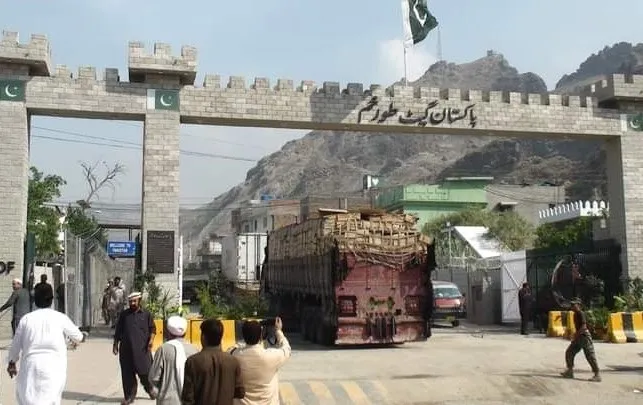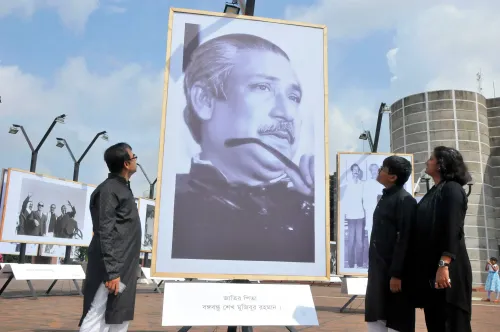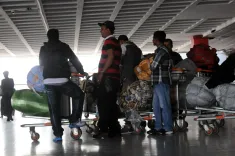Torkham Border Remains Shut Following Failed Negotiations

Synopsis
Key Takeaways
- The Torkham border remains closed due to unsuccessful negotiations.
- Significant economic losses have occurred due to the closure.
- Violent clashes have resulted in casualties on both sides.
- Border officials are set to meet for potential reopening discussions.
- Traders and travelers are severely affected by the ongoing standoff.
Islamabad, March 19 (NationPress) The Torkham border crossing between Afghanistan and Pakistan remains closed as the second round of ceasefire discussions among appointed religious, political, and tribal leaders from both nations has not led to any significant progress. The border was initially scheduled to reopen on Tuesday after nearly a month of closure caused by rising tensions over Afghan forces constructing facilities around the disputed border, as reported by media outlets.
After negotiations, it was agreed to reopen the Torkham trade route, which had been closed since February 21, for all types of passage.
The situation at the Torkham border intensified on March 4 when discussions aimed at reopening the crossing collapsed, resulting in a skirmish between Pakistani security forces and Afghan Taliban fighters.
The violent confrontations have led to numerous casualties among armed forces personnel and civilians in the vicinity of the border.
Border security officials from both nations were scheduled to convene on Wednesday morning to deliberate and finalize the decision regarding the border's reopening.
Syed Jawad Hussain Kazmi, the head of the Pakistani delegation, stated that the Afghan representatives had requested additional time to obtain final approval from higher authorities in Kabul, but no conclusive decision had been communicated.
"We are still waiting for the Afghans to get in touch with us, which has delayed the reopening of the Torkham border," Kazmi informed the prominent daily, The Express Tribune.
This extended closure has resulted in significant economic losses for traders on both sides. Pakistani officials indicated that all forms of trade, including transit trade, were halted during the 24-day closure, amounting to a total loss of $72 million for the national economy.
"Hundreds of cargo trucks are stranded here, including transit goods. Some of these items have already spoiled, causing financial losses for traders. The governments of Pakistan and Afghanistan must find a resolution to this issue," articulated Mohammad Gul, a driver on the Torkham route, in an interview with leading Afghan news outlet TOLOnews.
Torkham, a crucial crossing between Afghanistan and Pakistan, manages the highest volume of trade and movement between the two countries.
The ongoing conflict has severely impacted traders on both sides of the border, with millions of dollars lost. Hundreds of travelers and patients, as well as thousands of freight trucks, remain stuck on either side of the Torkham crossing due to the impasse.









